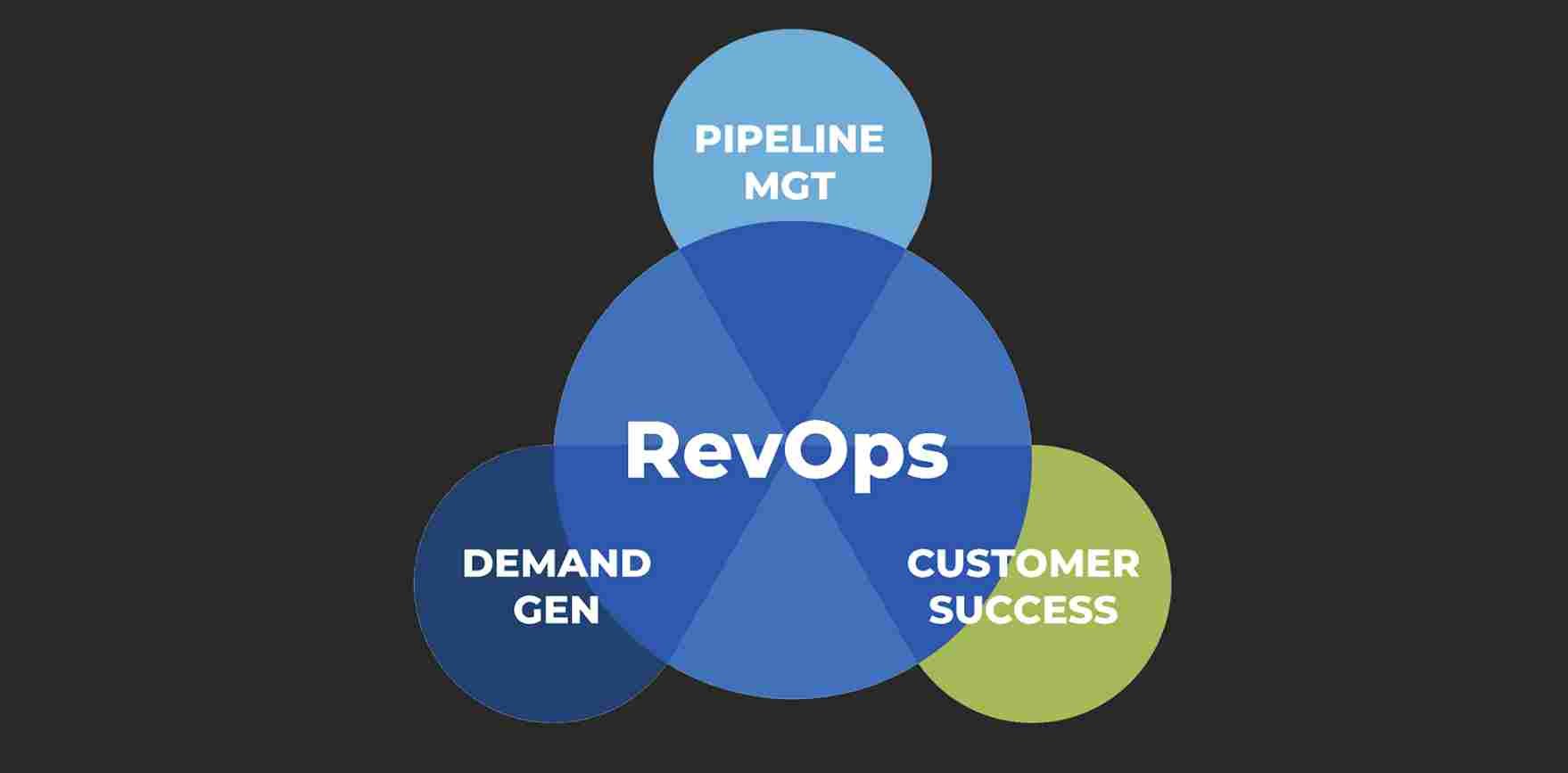How to Collaborate Effectively with Other Developers
In the dynamic world of software development, collaboration is not just a buzzword—it’s a necessity. Whether you’re part of a startup or a large enterprise, working seamlessly with other developers can make or break a project. Effective collaboration is about more than just writing code; it’s about building relationships, understanding different perspectives, and ensuring that everyone is aligned toward a common goal. This article delves into developer collaboration tips that can help you enhance your teamwork skills and contribute more effectively to your projects.
Communication is Key
At the heart of any successful collaboration lies clear and consistent communication. Without it, even the most skilled developers can find themselves at odds with their teammates. To foster effective teamwork in coding, it’s important to establish regular check-ins, whether through daily stand-ups, weekly meetings, or asynchronous updates via collaboration tools like Slack or Microsoft Teams. These touchpoints ensure that everyone is on the same page and that any potential issues are addressed before they escalate.
Active listening is equally important. When discussing ideas or resolving conflicts, give your full attention to your peers. This not only shows respect but also opens the door to innovative solutions that might not have been considered otherwise. Remember, the goal is not to win an argument, but to find the best possible solution for the project.
Embrace Version Control
One of the best practices for developer teams is the use of version control systems like Git. Version control allows multiple developers to work on the same codebase without fear of overwriting each other’s work. By committing changes regularly and using descriptive commit messages, you can keep track of the project’s evolution and easily revert to previous states if necessary.
Branching strategies, such as Git Flow or trunk-based development, also play a crucial role in maintaining code quality and facilitating smooth collaboration. Encourage your team to use feature branches for new developments, and ensure that all code is peer-reviewed before being merged into the main branch. This not only improves code quality but also provides an opportunity for knowledge sharing and mentorship.
Leverage Pair Programming
Pair programming is a powerful technique that can significantly boost both productivity and code quality. In this approach, two developers work together at a single workstation—one writes the code (the “driver”) while the other reviews each line as it’s written (the “navigator”). This method encourages immediate feedback and helps catch errors early in the development process.
While pair programming isn’t always feasible for every task, incorporating it when possible can enhance collaboration and improve team dynamics. It’s particularly useful for onboarding new team members, as it allows them to learn the codebase and company practices quickly with guidance from a more experienced developer.
Foster a Collaborative Culture
Creating an environment that promotes collaboration starts with building a culture of trust and respect. Recognize and value the unique strengths that each team member brings to the table. When developers feel respected and appreciated, they’re more likely to contribute their best work and collaborate effectively with others.
Encourage knowledge sharing through code reviews, technical talks, and documentation. When someone learns a new skill or discovers a more efficient way to solve a problem, create opportunities for them to share this knowledge with the rest of the team. This not only boosts individual confidence but also elevates the collective skill set of the team.
Utilize Collaboration Tools
In today’s digital workspace, having the right tools is essential for enhancing collaboration skills. Tools like GitHub, Bitbucket, and GitLab offer robust features for managing code and facilitating collaboration. These platforms allow developers to review code, track issues, and manage projects efficiently, ensuring that everyone stays aligned and on track.
Beyond code management, tools like Trello, Jira, and Asana can help organize tasks, set priorities, and track progress. By visualizing the workflow, these tools make it easier to see who is working on what, identify bottlenecks, and adjust priorities as needed.
Respect Diversity of Thought
Collaboration is most effective when diverse perspectives are embraced. Every developer comes with their own background, experiences, and ways of thinking. While it can be tempting to stick with what you know, being open to different approaches can lead to more innovative solutions and better problem-solving.
When disagreements arise, approach them with a mindset of learning rather than confrontation. Instead of focusing on who is right, concentrate on understanding why someone holds a particular view. This approach fosters a more inclusive and productive environment where every team member feels valued and heard.
Continuous Learning and Improvement
Collaboration is not a static skill; it evolves as the team grows and as new challenges arise. Regularly reflect on your collaboration practices and seek feedback from your peers. Are there areas where communication can be improved? Are there tools or processes that could make collaboration more efficient? By continually striving to improve, you can ensure that your team remains cohesive and productive.
Encouraging a culture of continuous learning also plays a crucial role in effective collaboration. When team members are committed to learning and self-improvement, they bring fresh ideas and perspectives that can invigorate the team and drive the project forward.
Conclusion
Mastering developer collaboration tips is essential for any developer looking to thrive in a team environment. By prioritizing communication, embracing tools and techniques like version control and pair programming, and fostering a culture of respect and continuous learning, you can significantly enhance effective teamwork in coding. Remember, the strength of a development team lies not just in individual skills, but in how well those skills are integrated and leveraged through collaboration.





